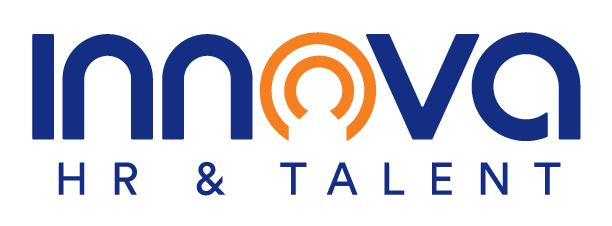By Salvador Ismayel / Innova Hr & Talent Director
In today’s dynamic work environment, companies are propelled toward constant adaptation, a palpable necessity to stand out in a market that evolves at an accelerated pace. Adopting an agile recruitment strategy becomes essential in this context, where the ability to anticipate and swiftly address changing demands is a key factor for business success. Beyond merely attracting talent, the agile approach involves a complete reconfiguration of recruitment processes, aligning them with the rapid pace and demands of the modern work landscape.
Agility in recruitment not only translates to speed in identifying candidates but also signifies the ability to adjust and strategically redesign job profiles in response to emerging market needs. Companies must move away from static job descriptions and embrace a more flexible vision, focusing on essential skills and competencies rather than predetermined roles. This adaptability not only facilitates the swift onboarding of new talents but also allows organizations to stay at the forefront by continuously adjusting their hiring strategies.
In this context, agility not only translates into a competitive advantage in talent acquisition but also into the ability to anticipate trends in the job market and proactively align human resources with strategic business goals. Companies adopting this agile mindset not only survive in an environment of constant change but thrive, turning uncertainty into an opportunity for innovation and growth.

Here are some crucial aspects to consider when implementing an agile recruitment culture:
- Identification of Dynamic Needs: The first step in an agile recruitment process is the precise identification of the company’s changing needs. Companies must be attentive to fluctuations in the demand for skills and adapt their hiring profiles accordingly. This proactive approach ensures that recruitment is aligned with the current goals and challenges of the business.
- Flexibility in Job Definition: Instead of having rigid job descriptions, agile recruitment embraces flexibility in defining roles. It focuses on essential skills and competencies, allowing real-time adjustments based on the changing needs of the company. This flexibility not only speeds up the recruitment process but also facilitates adaptation to new circumstances.
- Innovative Technological Tools: The implementation of innovative technologies is crucial in agile recruitment. From artificial intelligence to online assessment platforms, these tools streamline the process and provide valuable information about candidates. Automating routine tasks frees up time for human interaction, allowing for a deeper and more personalized assessment.
- Dynamic Interviews and Practical Assessments: Traditional interviews may not be sufficient in a dynamic work environment. Agile recruitment incorporates dynamic interviews and practical assessments to evaluate not only technical skills but also the ability to adapt and solve problems in real-time. This practical approach provides a more comprehensive view of the candidate.
- Rapid Feedback Cycles: Rapid feedback is essential in an agile recruitment process. Candidates receive constructive feedback promptly, enabling them to adjust and improve their performance throughout the process. Likewise, companies can adjust their selection criteria based on continuous feedback, optimizing the quality of hires.
- Building an Agile Employer Brand: In agile recruitment, the employer brand plays a crucial role. It involves portraying the company as a dynamic, innovative, and adaptable workplace. Communicating values and organizational culture, combined with employee testimonials, creates an appealing narrative for professionals seeking adaptable work environments.
- Continuous Evaluation and Process Improvement: The final step in agile recruitment is continuous evaluation and process improvement. Analyzing key metrics, such as hiring time and talent retention, allows companies to adjust and refine their strategy. The capacity for constant learning ensures that the recruitment process evolves in harmony with the changing dynamics of the job market.
In the end, agile recruitment is not merely a strategy; it is the art of weaving the very fabric of the future of work. In a world where uncertainty is the only constant, companies embracing this mindset not only survive but rise as architects of change, sculpting a tomorrow in the workplace where agility and vision propel greatness in business. In this vibrant scenario, each new hiring is not just an action but a bold step towards the tomorrow we are crafting together.





